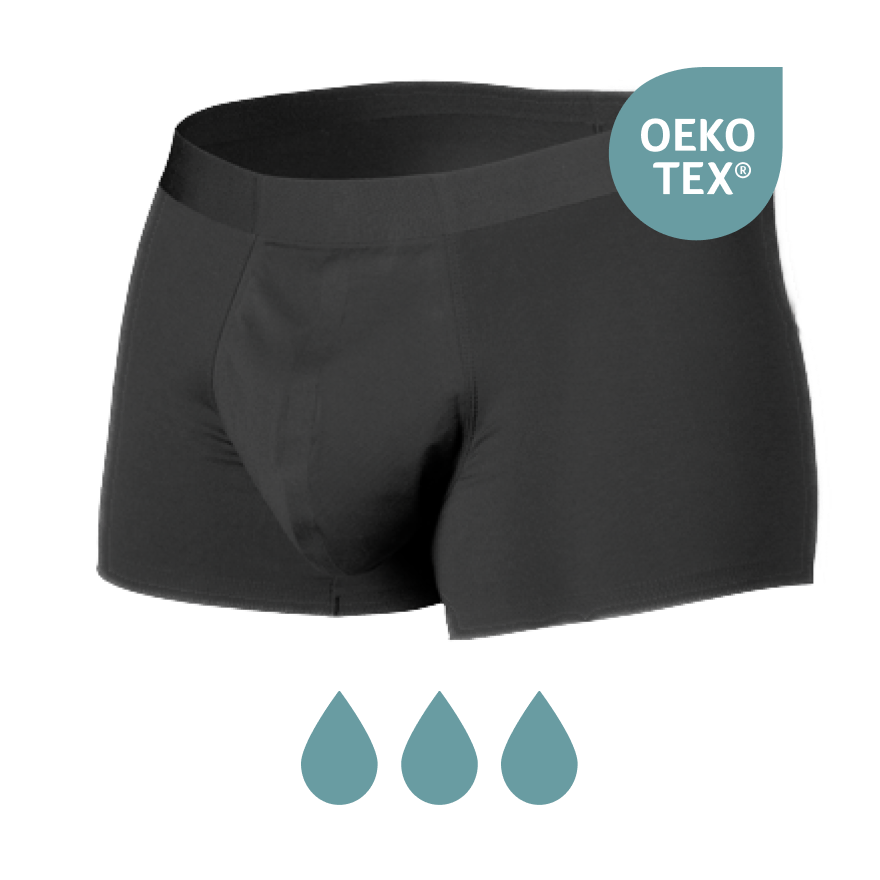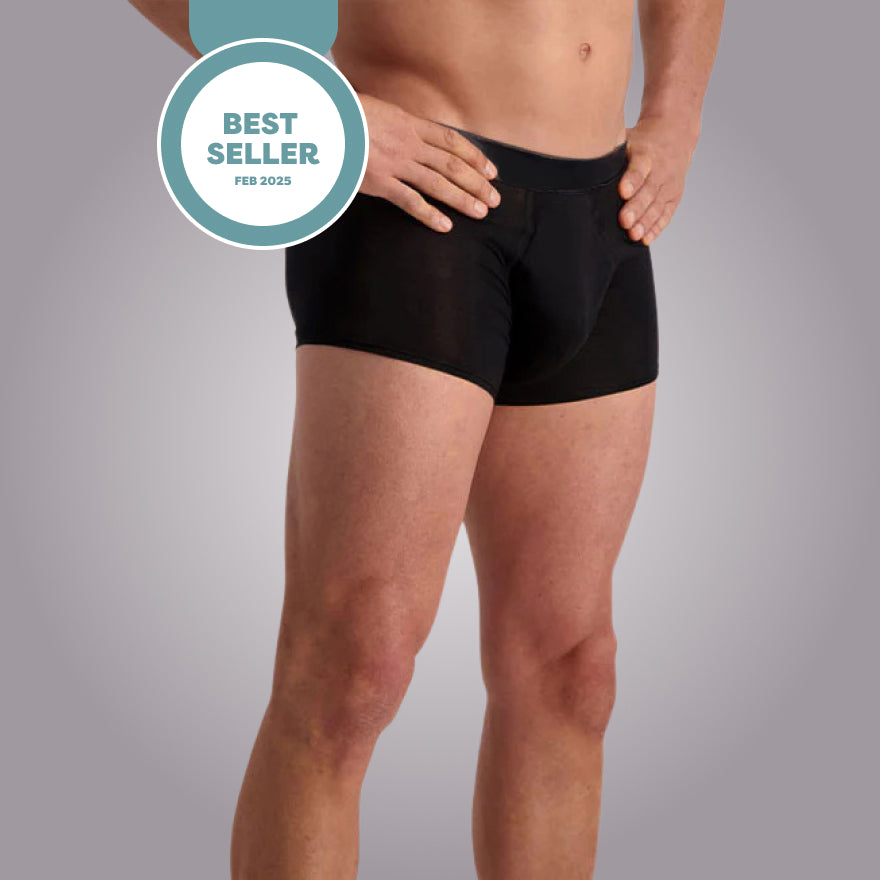Incontinence Can be a complex condition that many people in their lives are confronted with. It Dealing with this condition does not only require a concept of the underlying causes, but also from the lifestyle choices that can influence the symptoms. This includes what you eat and drink. It is therefore essential to know which drinks may be avoided in order not to worsen the symptoms of incontinence.

Drinking certain liquids can indeed have a negative influence on incontinence. Alcohol, for example, is a substance that can stimulate the bladder and works diuretically, which can lead to aggravation of the symptoms of incontinence. Other drinks can have similar effects, making it crucial to make conscious choices about what one drinks. Identification of drinks that can worsen symptoms is an important step in managing the condition.
General Dietary Advice

Nutrition is an important factor in dealing with incontinence. Certain foods and drinks can worsen symptoms, while others can be neutral or even beneficial. Below are general nutritional advice that one can consider:
Moisture intake:
Drinking is essential for a healthy body, but the type and quantity make a big difference. It is recommended to:
- Enough water to drink, about 1.5 to 2 liters per day.
- The intake of caffeinated drinks such as coffee And to limit cola, because they can irritate the bladder.
- Avoid alcoholic drinks because they have a diuretic effect and can worsen the symptoms of incontinence.
Power supply:
The composition of meals plays a role in incontinence:
- Ensure a balanced diet with sufficient fiber to prevent constipation.
- Avoid spicy and spiced food that can irritate the bladder.
- Limit foods that promote gas formation, such as onions, leek and certain types of cabbage.
These guidelines may differ individually and it is advisable to write down a personal tolerability and to make adjustments to this in the diet. It is best to consult a dietician or professional for specific nutritional advice.
4 to avoid drinks

In control of incontinence, nutrition, and in particular the choice of drinks, plays a crucial role. Some drinks can strengthen the symptoms of incontinence and can therefore be avoided better.
1. Alcoholic beverages
Alcoholic beverages such as beer, wine and spirits have a diuretic effect, which means that they stimulate the production of urine. This can lead to an increased urge to urinate and can worsen incontinence.
2. Caffeine -containing beverages
Caffeine is another substance known for its moisture -repellent effect. Avoiding caffeinated drinks such as coffee, tea and some energy drinks can help reduce the symptoms of incontinence.
3. Carbonated drinks
Soft drinks and sparkling water can irritate the bladder in some people. This can cause an increase in urinary urgency and reduce control of the bladder.
4. Very sour or sugar -rich drinks
Drinks with a high acid content such as citrus fruit, as well as drinks with a lot of sugar, can lead to irritation of the bladder. Limiting the intake of these drinks can help people with incontinence better control their symptoms.
Alternative drink choices

With incontinence it is important to avoid certain drinks, but there are sufficient alternatives that can be consumed. People with incontinence should not be drinks with caffeine, such as coffee and ordinary tea, drink because of the diuretic effect. Similarly, it is quite moderate to be with alcohol, who also has a stimulating effect on the bladder.
Non-cabbage-containing lemonade, herbal tea and mineral water are good substitutes who are less burdensome for the bladder. These drinks can offer a refreshing alternative and are often less irritating. Adequate water intake is crucial; It is recommended about approximately two liters of water a day to drink.
| Type | Alternatives |
|---|---|
| Caffeine | Herb or herbal tea |
| Alcoholic | Alcohol -free beer or wine |
| Sugar and artificial sweeteners | Water, spa red |
Tips for good hydration:
- Distributing water intake over the day can help to stimulate a regular bladder.
- Choosing drinks that do not contain sugar can provide extra health benefits.
Knowledge about which drinks can best be avoided and which drinks can serve as an alternative is important for controlling incontinence. You can find more information about smart drinking choices here. For advice on moisture intake and nutrition in the event of incontinence, you can also do this tips consult.
The importance of hydration
Sufficient hydration plays a crucial role in managing incontinence. Despite the initial idea of drinking less, it is essential that one fluid gets in to keep the bladder and the kidneys healthy.
Adequate water intake helps to:
- Dehydration To prevent: dehydration can worsen the color and smell of urine, which causes discomfort.
- Urinary tract infections (UWIs) to reduce: regular hydration ensures a constant stream of urine, so that bacteria are less likely to accumulate.
It is important to Water as a primary drink Given that the kidneys purifies the kidneys without the addition of sugars or caffeine, which can cause both bladder irritation. For those with incontinence advises Medireva To spread the moisture intake evenly throughout the day to prevent peaks in bladder activity.
However, one must be careful with the intake of drinks that can irritate the bladder. These include alcohol, caffeinated drinks and sour juices. These can contribute to the urgency or frequency of urine loss, as indicated by Robin Medical.
Monitoring the personal response to different liquids can be useful for drawing up a hydration schedule that fits the individual incontinence pattern. This contributes to a more manageable situation and increases the quality of life.
Understanding of incontinence

Incontinence is the inability to stop urine or stools. This problem can have significant influence on the quality of life of an individual.
Causes of incontinence
Incontinence can be caused by a diversity of factors. For women, for example, weakening the pelvic floor muscles often plays a role after pregnancy and delivery. In men, prostate problem can cause incontinence. Neurological disorders such as multiple sclerosis or a stroke can also cause control of the bladder or intestines to be lost.
Types of incontinence
There are several forms of incontinence, each of which has its own characteristics:
- Urinary incontinence: the unwanted loss of urine. More information about the forms From urine incontinence can be found on Medireva's page about What is continence?.
- Faecal incontinence: the unwanted loss of stool, also known as relief incontinence.
- Stress incontinence: loss of urine during times of physical exertion, such as coughing, sneezing or exercising.
- Urge incontinence: a sudden, severe urge to pee, followed by involuntary loss of urine.
- Functional incontinence: urine or relief loss as a result of a physical or mental limitation where the person cannot reach the toilet on time.
- Overflow incontinence: a constant drip of urine as a result of a bladder that is not completely emptied.
Each type requires a specific approach and treatment, which emphasizes that an accurate diagnosis is essential.
Frequently asked questions

This section deals with specific questions about which drinks should be avoided in the event of incontinence and its impact on the bladder function.
Which drinks can worsen urine loss?
Drinks with caffeine, such as coffee and some types of soft drinks, can aggravate the symptoms of incontinence because they can stimulate the bladder and work diuretically. Alcoholic beverages can also worsen urine loss.
Can certain types of tea influence the bladder?
Yes, certain types of tea that contain caffeine, such as black and green tea, can worsen incontinence complaints. Herbal teas can be a milder option, although one must always look at the specific type of herb and the individual reaction.
Are there specific drinks that you should avoid with an overactive bladder?
People with an overactive bladder should avoid drinks with irritating substances such as caffeine and artificial sweeteners. In addition, carbonated drinks can strengthen the symptoms of an overactive bladder.
What are the effects of caffeinated beverages on incontinence?
Caffeinated beverages can increase the frequency with which one must and can in some cases enhance the urgency because they stimulate the bladder.
How influences alcohol intake incontinence complaints?
Alcohol can both work diuretic and reduce control of the bladder muscles, which can lead to increased urine production and an increased risk of unintentional loss of urine.
Can reducing moisture absorption help with incontinence?
It is essential to stay hydrated, but sometimes reducing moisture intake can help to control incontinence complaints just before bed or before certain activities. It is advisable to discuss this with a care provider.















